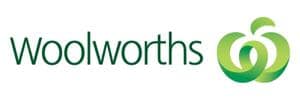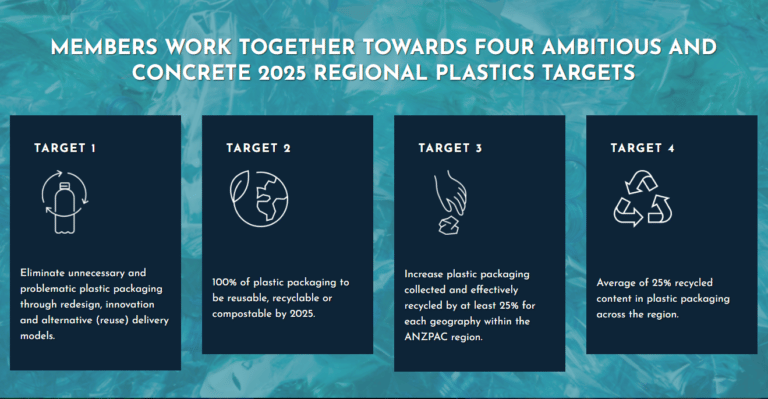SUSTAINABILITY
Phasing Out Single Use Plastics
For more information contact the ARA sustainability team on 1300 368 041 or sustainability@retail.org.au
Key Changes, by Jurisdiction
Find out about the timing and scope of changes in each jurisdiction
National Overview
Each state and territory government has outlined their own approach and timelines to achieve the nationally-agreed 2025 targets for waste and packaging.
Click here for ARA’s one-page overview of the changes that have already been implemented and the phase-outs that are still come.
Australian Capital Territory
From 01 January 2024, ACT banned all plastic shopping bags with handles, paper or cardboard bags with a plastic laminate, and non-woven polypropylene bags that are less than 90gsm in weight and do not have stitched seams. From 01 July 2024, the ACT will also ban thick plastic carry bags, single-use plastic plates and bowls, polystyrene loose fill packaging, polystyrene trays and plastic microbeads.
New South Wales
The NSW EPA is consulting on it’s ‘Next Steps’ Discussion Paper, exploring the phase-out of single-use plastics in the State. This includes banning coffee cups, establishment of a design standard for plastic beverage container lids, phasing out PFAS and alignment with other states and territories. More information on the proposed bans can be found here.
Northern Territory
The ARA has made a submission to the Northern Territory Circular Economy Strategy, which proposes the following items are phased out in the next few years: heavy weight plastic bags, plastic straws, plastic utensils and stirrers, plastic bowls and plates, polystyrene food containers, polystyrene consumer goods packaging and products containing microbeads.
Queensland
Following the ban of cotton buds with plastic stems, plastic microbeads, expanded polystyrene loose-fill packaging and some plastic shopping bags from 01 September 2023, the Queensland government has elected to put the next phase of plastics bans – scheduled for 01 September 2024 – on hold, subject to the development of a national roadmap for the phase-out of single-use plastics.
South Australia
South Australia continues to take steps to eliminate single-use plastics. From 01 September 2023, plastic stemmed cotton buds, single-use plastic bowls and plates and plastic pizza savers were banned. And from 01 September 2024, the ban will be extended to include plastic barrier bags, boutique-style plastic bags and single-use plastic beverage containers – including coffee cups. More here.
Tasmania
To date, the Tasmanian government has only banned lightweight plastic bags but has recently outlined its commitment and timeline for phasing out other single-use plastics including degradable plastics, plastic straws, plastic utensils and stirrers, plastic bowls and plates, polystyrene packaging and products containing micro beads. The City of Hobart has introduced local bi-laws that ban selected takeaway packaging. Click here for more.
Victoria
From 1 February 2023, the Victorian government banned drinking straws, plates, drink-stirrers and sticks, cotton bud sticks, cutlery and polystyrene food services items. An exemption on paper or cardboard plates lined with plastic ends on 01 November 2024. There is still ambiguity surrounding the phase-out of produce bags, plastic cups and lids, plastic-lined paper cups, heavy plastic bags, cotton buds and microbeads.
Western Australia
WA Plan for Plastics outlines a broad range of single-use plastics banned from 2022 to 2025. Items already banned include coffee cups, plastic cup lids (for hot and cold drinks), plastic produce bags and disposable plastic trays. From 01 September 2024, this ban will be extended to also include produce bags for loose fresh fruit and vegetables, and lids for disposable foodware – containers, bowls, plates and trays.
Member Resources
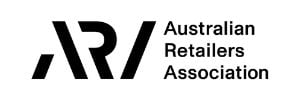
ARA WEBINAR
Join us for this member-only webinar looking at the state-by-state ban on single-use plastics, with insights from industry experts about what business needs to do to prepare for and comply with these bans. Click here

APCO 2025 PACKAGING TARGETS
The Australian Packaging Covenant Organisation (APCO) is the organisation charged by government to work with industry to facilitate the delivery of the National Packaging Targets by December 2025. Read more here
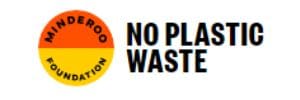
MINDEROO PLASTIC WASTE INDEX

OECD GLOBAL PLASTIC S OUTLOOK
Member and Industry News
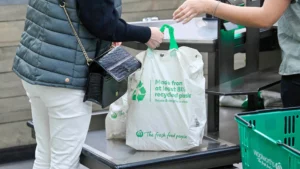
Woolworths and Big W are phasing out plastic shopping bags
By July 2023, consumers won’t be able to buy a reusable plastic shopping bag from Woolworths or Big W, eliminating 9,000 tonnes of plastic bags from circulation each year. Read here
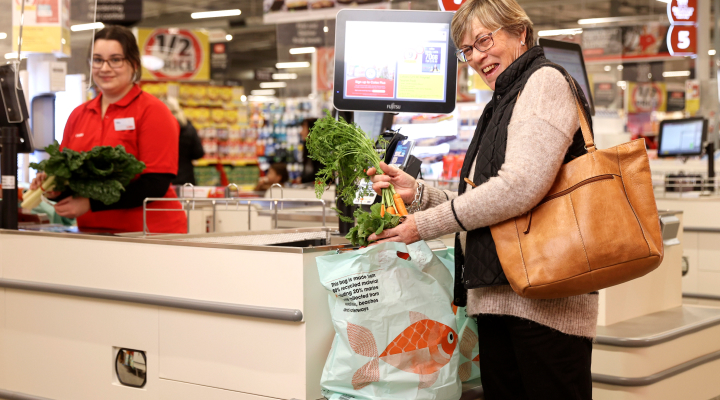
Coles launches reusable shopping bags made from marine waste
Coles will roll out plastic bags made with 20 per cent marine waste and 80 per cent recycled plastic, made from recovered plastics from inland and ocean-feeding waterways. Read here
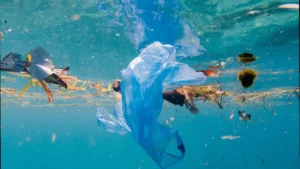
Single-use plastic bag ban comes into effect in NSW
On 01 June 2022, NSW banned lightweight single-use plastic bags, the first item to phased out in the state this year as part of the government’s plan to cut litter and pollution. Read here
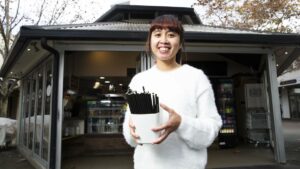
Next round of plastics bans for Canberra and ACT announced
Plastic straws, cotton buds with plastic sticks and oxo-degradable plastics will be banned in Canberra from 01 July 2022, as the ACT transitions further away from a reliance on single-use plastics. Read here
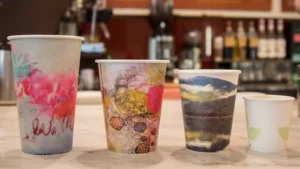
WA's ban on coffee cups, plastic bags and takeaway containers
In 2021, WA announced it is fast-tracking its planned phase out of single-use plastics, starting with plastic straws, cups, plates and cutlery on 01 July 2022. More items will follow in October 2022 and July 2023. Read here
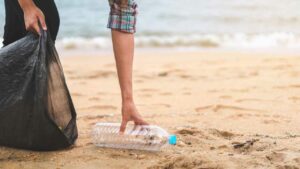
Plastic pollution reduces on Australia’s beaches by 29%
New research published by the CSIRO confirms that plastic pollution on Australia’s coasts has decreased by 29% since 2013. Despite that Australia, produces 2.5 million tonnes of plastic waste each year.Read here
Member Commitments
The following ARA members have signed the ANZPAC Plastic Pact – driving investment and industry-led innovation to reduce plastic pollution in Australia, New Zealand and the Pacific Islands region. Find out more and join the pledge here

